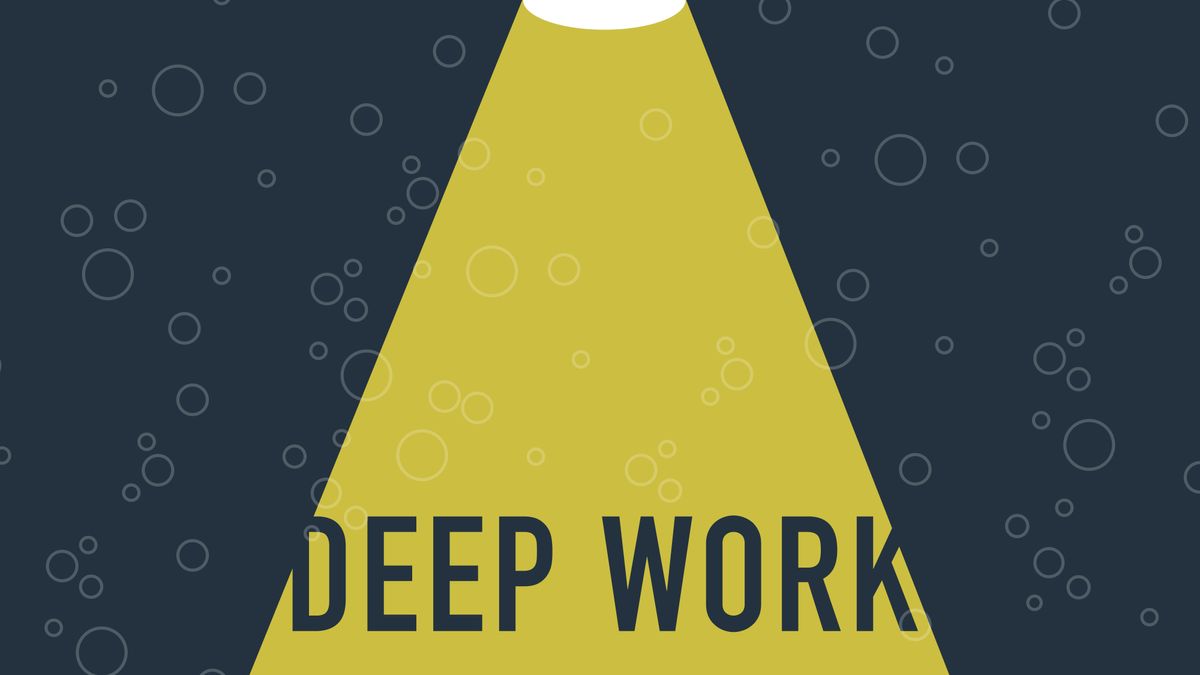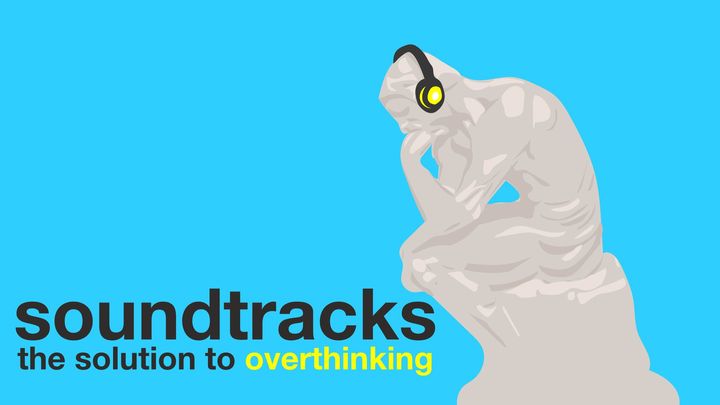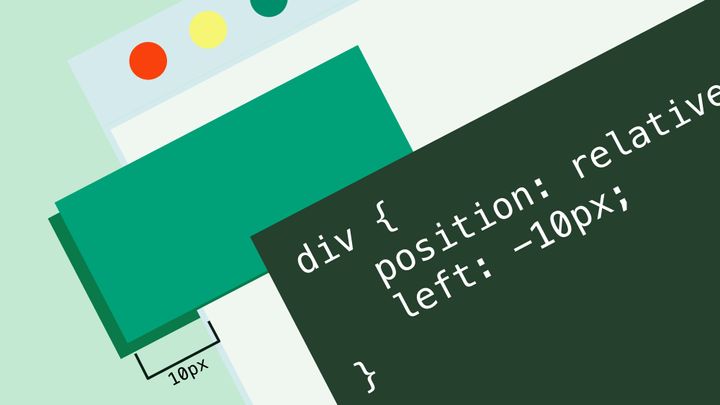Deep Work by Cal Newport: Book Summary
One of my favorite books for a productive lifestyle and the secret behind some of my curmudgeonly tendencies regarding technology.

These are my own permanent notes on the book Deep Work by Cal Newport (2016). My goal is not to review the book, but to summarize it in my own words while including my favorite quotes.
Three-Sentence Summary
Our days are fragmented with demands on our attention and distractions that force us into shallow modes of thinking. Deep Work is a mode of working that seeks uninterrupted concentration in order to master hard things and produce at an elite level, both skills which are highly valued. In order to achieve Deep Work, you must find a strategy that works with your lifestyle, mindfully practice concentration, remove sources of distraction, and rethink your relationship with entertainment, social media, and your own job.
Full Summary
Deep Work is distraction-free concentration that pushes your cognitive capabilities to the limit.
Why Deep Work is valuable
Modern society pushes us towards shallow work.
- We are expected to respond to communication immediately (emails, texts, Slack)
- Social media and infotainment sources prey on our attention
- Meetings fragment our workday into small periods of time to do actual work
Despite this, society still values those who can achieve things that require deep work:
- mastering hard things
- producing at high quality and speed
As fewer people are able to overcome the distractions of modern life and attain the results that require deep work, it means those who can attain those results are even more valuable.
Beyond your value in the job marketplace, the ability to concentrate and engage at more than a surface-level with the world around you is a more satisfying way to live.
How to achieve Deep Work
Our willpower is a limited resource which is drained over time. Merely fighting distractions will exhaust that willpower and thwart your ability to achieve anything during Deep Work sessions.
In order to prevent distractions from interfering, you need to chisel out opportunities for Deep Work in your life. Because this heavily depends on your lifestyle, you need to choose a strategy that works for you.
Deep Work Strategy 1: Monastic
The most extreme example of Deep Work. Model a monk in a monastery by withdrawing from the world to focus on one thing at a time.
Bill Gates takes a “think week” where he spends seven days twice a year in a cabin with some books and a notepad to gain perspective and insight.
Donald Knuth doesn’t have an email address or any way to contact him. He responds to correspondence once every three months or so.
“If I organize my life in such a way that I get lots of long, consecutive, uninterrupted time-chunks, I can write novels. But as those chunks get separated and fragmented, my productivity as a novelist drops spectacularly.” Neal Stephenson
This is understandably difficult for most people to incorporate into their lifestyles.
Deep Work Strategy 2: Bimodal
Structure your life into two environments: one where you can have monastic concentration on Deep Work, one which is more typical.
Carl Jung had a stone house in the woods where he would write all day and take walks in the woods to clarify his thoughts. The rest of his life he spent running a busy clinical practice in Zurich, seeing patients and living a normal social life.
Adam Grant (Wharton Business School professor) has a normal career, except for once or twice a month when he goes completely monastic for 2-4 days.
This is still pretty difficult for most people, but some businesses have had success with making a policy of no meetings on certain days or for a week at a time.
Deep Work Strategy 3: Rhythmic
Make Deep Work a daily habit. Schedule some time each day for Deep Work.
Stephen King writes all his books between 8:00 and 13:30 each day (whenever he can hit 2000 words).
Jerry Seinfeld writes a joke every day which becomes a habit that doesn’t require willpower to get started.
This strategy benefits from the power of habit. It’s also more realistic to chisel out a few hours a day for focus and still be able to answer correspondence within 24 hours.
Deep Work Strategy 4: Journalistic
Fit Deep Work into your schedule whenever you can find time for it.
Walter Isaacson was conditioned from his experience as a journalist to duck into a room whenever he had free time and enter Deep Work quickly.
This is the most flexible approach, but most people need about 30 minutes to actually get into a Deep Work mindset. Isaacson’s superpower was his ability to transition quickly, which is a skill that requires practice to learn.
Techniques
There are some additional techniques that can help your deep work strategy be successful.
Ritualize
Establish routines and a consistent environment for your deep work sessions. The more purposeful you are, the better chance you’ll be successful.
Decide on…
- where you’ll work and for how long
- how you’ll shut out distractions
- what metrics you’ll use to measure your work
- how you’ll prevent basic bodily needs from interrupting you
Make grand gestures
Make a big deal about your deep work sessions! If what you need to be successful is to go to a cafe or a coworking space, do that. Be in an environment that makes it difficult to stop halfway through.
One example of this is when J.K. Rowling rented a suite in Edinburgh in order to get out of her noisy house and actually finish writing the Harry Potter series.
Don’t work alone
While being alone is a key part of actually getting work done, having some sort of opportunity to bounce ideas off people or collaborate is a great way to get out of funks. Even being around people can be motivating and inspiring.
The “hub-and-spoke” model of office layouts—used, for example, at Bell Labs—is a successful one because it allows for areas of focused concentration (the spokes) and also an opportunity for serendipitous collaboration (the hub).
Separate your pursuit of serendipitous encounters from your efforts to think deeply and build on these inspirations. You should try to optimize each effort separately, as opposed to mixing them together into a sludge that impedes both goals.
Execute like a business
Follow Clayton Christiansen’s 4 Disciplines of Execution in your personal life.
- Focus on the wildly important. Don’t try to do everything, instead only focus on the subjects that “arouses a terrifying longing”. Rather than saying “yes” to everything and “no” to some things, say “no” to everything unless it is crucial to you.
- Act on the lead measures. Don’t try to bring about outcomes (published papers) but focus instead on what you can affect now (time spent in deep work).
- Keep a compelling scoreboard. Track the metrics that matter to you (words written, videos created, or even hours spent in deep work) in a place you can see readily.
- Create a cadence of accountability. Meet regularly and frequently with team members to stay accountable to your goals. I recommend a weekly review with your spouse or a mastermind group to talk about what’s working and what isn’t.
Be lazy
Expect and plan for downtime. Deep Work is mentally exhausting and we are only capable of 1-4 hours of it a day. Furthermore, the time you set aside for Deep Work will be wasted if you arrive at it already tired.
Also, don’t let your work go on an indeterminate amount of time. Set a time (like 5:30pm) that you tell yourself you are done working for the day. Set yourself up for success the next day by not burning yourself out.
Embrace boredom
One reason we struggle to concentrate in the modern day is that we rarely encounter boredom anymore. We always have a phone to occupy ourselves, or a TV show to watch, or websites to scroll through.
The problem is that all of these activities are shallow activities that occupy the brain without challenging it. When that becomes the standard mode of operation, we lose our abilities of concentration.
If every moment of potential boredom in your life—say, having to wait five minutes in line or sit alone in a restaurant until a friend arrives—is relieved with a quick glance at your smartphone, then your brain has likely been rewired to a point where… it’s not ready for deep work
Instead, break this addiction. Don’t let internet usage fill any gaps in your life.
How to break an addiction to shallow thinking
The biggest enemies are social media, infotainment websites, TV, and sites like Reddit which allow you to scroll endlessly. These are all run by companies that optimize for engagement, which means they want to keep your attention as long as possible and will exploit your fear of missing out to prevent you from leaving.
The best way to break this addiction is to quit using these resources for 30 days. If, at the end of 30 days, you feel like your life would have been more rich with those resources, find a way to reintegrate them into your life. If not, consider yourself free to pursue a more fulfilling life!
Other ways to train your brain to think deeply
Practice meditation. There are plenty of benefits to the sit-in-the-dark brand of meditation, but a walk through a park can also be a form of meditation. Rather than listening to a podcast, take a walk with a clear creative goal in mind. Thinking while walking can be a useful way to structure an article, figure out a design, or just to reflect on how your day is going and what you should do next.
Train your memory. Something like memorizing a deck of cards may seem like a useless party trick, but it is actually a great way to train your powers of concentration and your working memory—both of which are very valuable beyond the world of Deep Work.
A side effect of memory training… is an improvement in your general ability to concentrate. This ability can then be fruitfully applied to any task demanding deep work.
Quit social media
Many people recognize that social media has a negative effect in their lives but still are resistent towards quitting. They argue by listing one concrete way social media improves their lives.
The question should not be whether a benefit exists or not, but whether all the benefits outweigh all of the flaws.
Throughout history, skilled laborers have applied sophistication and skepticism to their encounters with new tools and their decisions about whether to adopt them.
For example, a farmer might benefit from having a hay baler. It’s a way to utilize their dried grass during the winter when grazing animals don’t have grass to eat. But the cost of buying the baler, the extra taxes, the opportunity cost of operating the hay baler when they could do something else doesn’t necessarily outweigh those benefits. In some cases, it’s smarter to just buy hay.
This same thought process must be given to social networking tools.
"It's amazing how overly accessible people are. There's a lot of communication in my life that's not enriching, it's impoverishing." Michael Lewis
We have a limited amount of hours in our day. When we aren’t careful about how we allocate our time, we are likely to misallocate it in activities that we don’t value.
People tend to underestimate how long they spend doing things like watching TV or sleeping. This suggests we are not using our time purposefully. By planning how we’ll spend our time each morning—especially the time that is not “at work”—we can be deliberate and purposeful in how closely our lives resemble the lives we want to live.
With the rise of the Internet and the low-brow attention economy it supports, the average forty-hour-a-week employee—especially those in my tech-savvy Millennial generation—has seen the quality of his or her leisure time remain degraded, consisting primarily of a blur of distracted clicks on least-common-denominator digital entertainment.
Become hard to reach
The demands to be “available” for communication—email, Slack, meetings, in-person interruptions—makes it difficult, if not impossible, to structure our days productively.
You need to push back on this if you want any hope of achieving Deep Work during your workday.
- Set certain times of the day when you check your email
- Set yourself as “away” on Slack while doing Deep Work
- Schedule periods of time on your calendar when you do not accept new meetings
- Don’t respond to low-effort emails that demand much of your time and attention
Usually knowledge workers overestimate the downside of letting an email sit in their inbox for a few hours instead of responding immediately. And it’s true that in some cases, your work environment and expectations may make this completely impossible. If that’s the case, the best thing you can do is to communicate with your employer about how their communication policies are negatively affecting your ability to perform at a high level—things they should value.
Insights
Deep Work is my 2nd favorite productivity book (after Getting Things Done by David Allen). It articulates that feeling of being vaguely busy all day without accomplishing anything significant—something most knowledge workers should have experienced.
Having observed that trend and the societal causes, it takes a hardline approach toward going beyond the surface-level at any cost. Newport is not shy about advocating strategies that seem radical—he suggests being ruthless toward cutting out beloved institutions like social media, TV watching, and glancing at your phone. But by laying out the price we pay for participating in the shallow attention economy, making sacrifices seems not only reasonable but vital.
I've read this book three times and each time I feel challenged to make a meaningful change in my life. These changes have had an extremely positive effect in my ability to be present, create, and learn. Because I count these aspects of my life to be some of the most rewarding, this book has had a profound effect on me.


